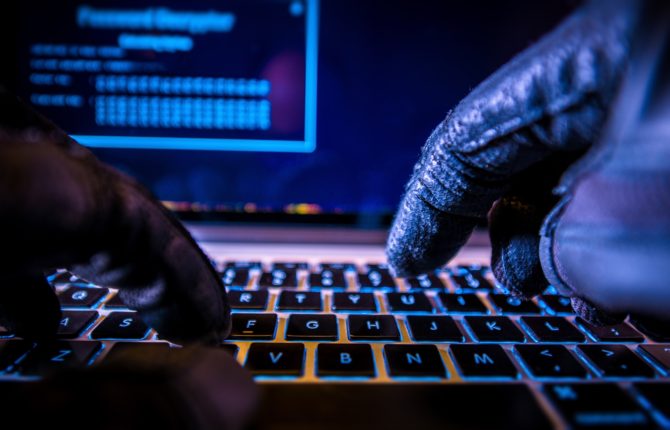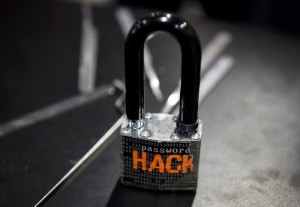On Friday October 21st, at around 7:10am EST, many internet users from all over the country lost connection to many commonly used sites in an attack that rippled across the country from east to west. The company was able to restore service a few hours later but then had to shut down at around noon. By this time, the hackers had started to make their journey to the West coast.
What happened? There was a huge attack on one major provider of the Domain Name System, Dyn Inc., which resulted in them taking down a few popular sites such as Netflix and Spotify (to name a few). Oh the horror!!!!
Kyle York, who is currently the Chief Strategy Officer of Dyn, said the hackers launched a distributed denial-of-service (DDoS) attack using tons of malware – infected devices connected to the internet. According to their records, this is the third attack they have experienced this year.
A DDoS can be achieved in a number of ways, but usually involves a distributed network of “zombie” machines, referred to as botnets. A botnet is formed with computers and other connected devices in homes or offices infected with vicious code which, upon a hacker’s request, can take over a web server with data. One or two machines wouldn’t be an issue, but if tens or hundreds of thousands fire such data simultaneously, it can impair even the best of web servers.
By Friday evening, the attacks were stopped and all was right in the world again.
Unfortunately, security professionals are anticipating more cyber attacks centered around the Internet of Things (IoT). This assumption was made after a hacker released a software code that powers the malware, called Mirai, just a few weeks prior.
“I have never seen severity this big, impacting so many sites and lasting over such a prolonged period of time,” said Dave Anderson, the vice president of marketing at Dynatrace LLC. “It just shows how vulnerable and interconnected the world is, and when something happens in one region, it impacts every other region.”
Cybersecurity is an ever growing concern across the globe. As hackers become more and more sophisticated, they constantly change their tactics to overcome security measures in place by companies and organizations. This causes an issue where cybersecurity professionals are forced to respond to attacks as they happen rather than prevent them entirely – no matter what security measures are in place, dedicated hackers are focused on finding a way to beat the ‘challenge’. As a result, the cybersecurity industry is constantly on the look out for talented professionals.




